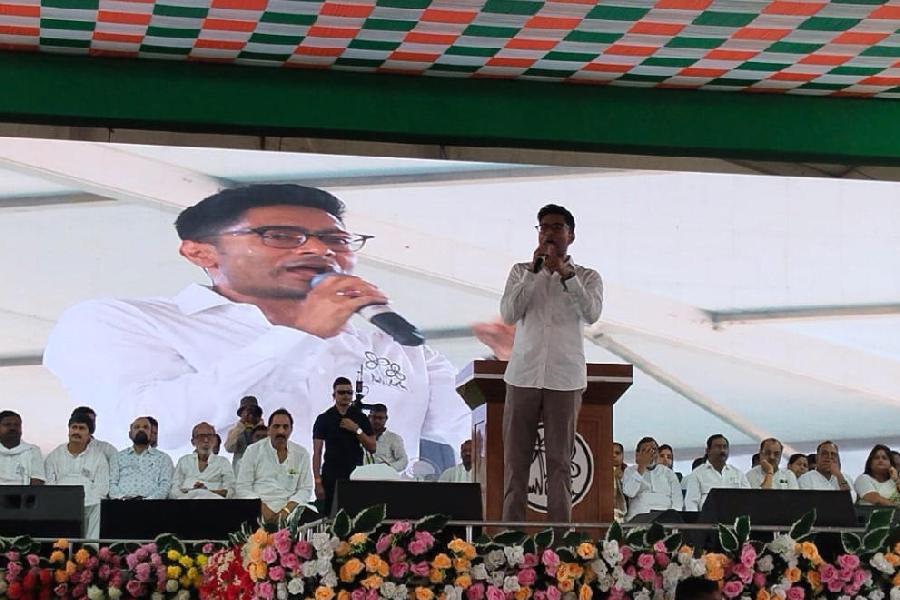The Editors Guild of India has expressed concern over the “draconian provisions” of the Press and Registration of Periodicals Bill, 2023, that can have an adverse impact on freedom of the press.
In a statement, the guild said that it “is deeply concerned with some of the draconian provisions in the Press and Registration of Periodicals Bill, 2023, which was introduced in the Rajya Sabha by the Hon’ble Union minister for information and broadcasting, Anurag Thakur, and is meant to replace the existing Press and Registration of Books Act, 1867 (PRB).”
The guild added: “Editors Guild of India would like the proposed billto ensure that publishing of news in India remains free of encumbrances and intrusive checks on publishers by the registrar, and that the primary emphasis of the registrar and the PRP remains ‘registration’ and not ‘regulation’, as the latter has the potential of restricting freedom of press.”
It said the law on this issue should be more respectful of press freedom and should avoid granting vast powers to regulatory authorities to “either interfere or shut down the press at their whims and fancies”.
The guild has asked the Lok Sabha Speaker to refer the bill to a parliamentary select committee to “allow a deep discussion on the issues that are crucial for press freedom”.
The guild has already written to Prime Minister Narendra Modi, Lok Sabha Speaker Om Birla, Rajya Sabha chairman Jagdeep Dhankhar, leaders of political parties, as well as information and broadcasting minister Thakur highlighting its concerns.
“In the definitions section, the term ‘specified authority’ gives power to government agencies beyond the Press Registrar, to conduct the functions of the registrar, which could even include police and other law enforcement agencies. Given the intrusive, expansive, and vague nature of powers that the bill in any case allows to the Press Registrar, the power to further delegate this power to other government agencies including law enforcement agencies is deeply distressing,” the guild said.
It added: “The guild urges that only the Press Registrar should be the relevant authority for the purpose of this act and no other government agency should be given any powers with respect to registration of periodicals.”
The statement says sections 4(1) and 11(4) allow the Registrar to deny the right to bring out a periodical and cancel the certificate of registration of a periodical to persons convicted of “terrorist act or unlawful activity” or “for having done anything against the security of the State”.
“Interestingly, the PRB Act, 1867, had no such provisions. Given the liberal and arbitrary use of UAPA (which is the basis for defining ‘terrorist act’ and ‘unlawful activity’), as well as other criminal laws, including sedition, against journalists and media organisations to suppress freedom of speech, the guild is deeply concerned by the introduction of these new provisions, and the way they can be misused to deny the right to bring out news publications to persons who are critical of governments,” it said.
Among the other worrisome provisions listed by the guild is Section 6(b), which gives power to the Press Registrar (as well as any other “specified authority”) to enter the premises of a periodical to “inspect or take copies of the relevant records or documents or ask any questions necessary for obtaining any information required to be furnished”.
The guild added: “Section 19 gives the central government powers to frame rules and guidelines under which news publishing is to be done in India. It has been seen time and again that the power to frame rules under various acts has been used in arbitrary as well as excessively intrusive manner.”
Therefore, the guild said, for the sake of preserving freedom of the press, all rules be clearly defined within the act and there should be no provisions left to the discretion of a future government or a government authority.










